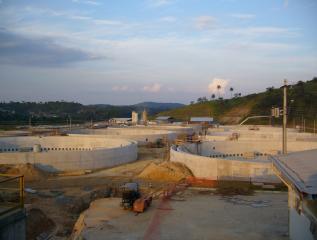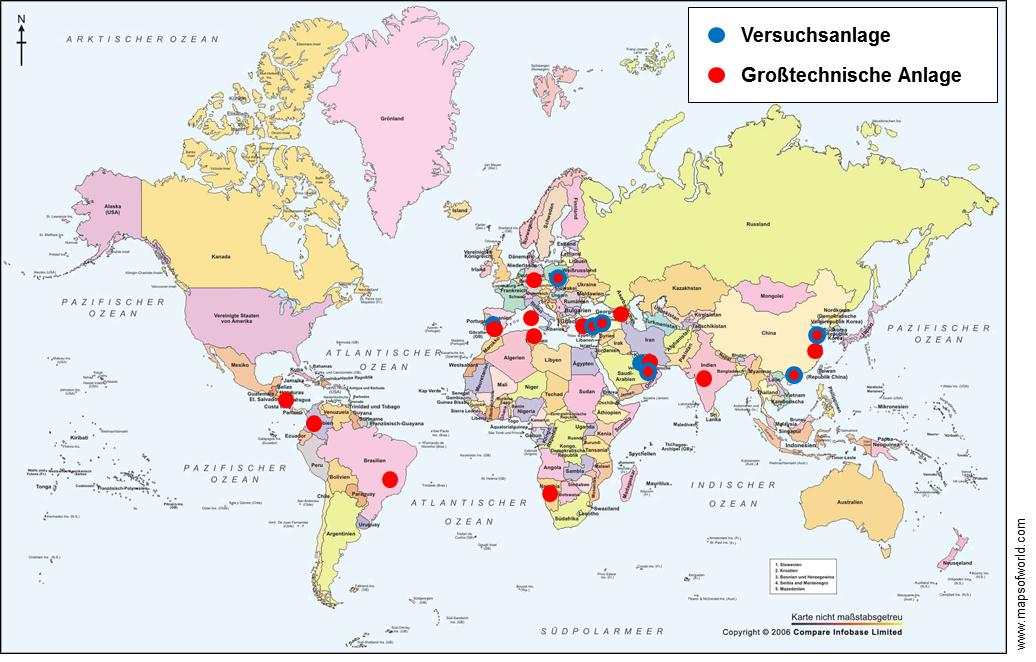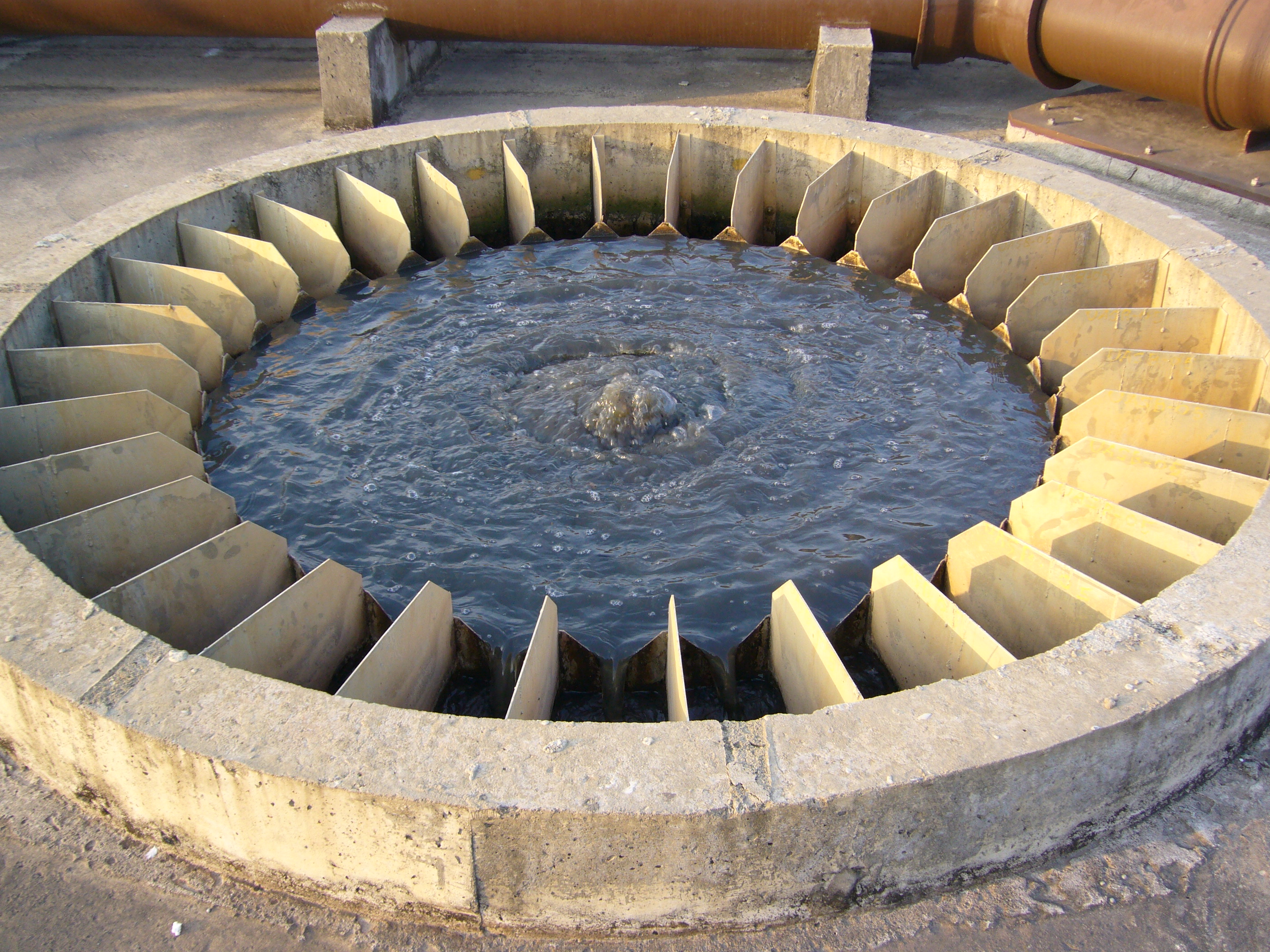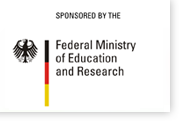Extension and validation of design rules for international application
The design rules for wastewater and sludge treatment facilities time-tested in Germany are geared to the specific boundary conditions prevailing there. Consequently, for applications in regions with other climatic or wastewater-specific conditions it was necessary to adapt the various design approaches.
The BMBF-sponsored EXPOVAL Joint Project (“Transfer-oriented research and development in the wastewater field - validation using industrial-scale plants”) should extend the design specifications for wastewater plants, e.g. as laid down in set of rules published by the DWA (German Association for Water, Wastewater and Waste), so as to match the boundary conditions in other countries. This point relates in particular to relatively high and relatively low wastewater temperatures (5-30°C) and also to elevated salt content (up to 10 g/l).

The design rules developed in this way have been validated in applications geared to industrial-scale plants and concrete practical recommendations relating to design and operation have been derived from them. Additional investigations on small-scale and semi-scale experimental plants have also been used for purposes of comparison and to settle specific issues. The investigations were carried out at sewage treatment plant sites in various climatic zones.
 Focus on municipal wastewater treatment
Focus on municipal wastewater treatment
These investigations are focused on municipal wastewater treatment processes that are commonly used throughout the world, e.g. activated sludge processes, trickling filter systems, anaerobic processes and wastewater ponds. In addition to the design of these processes are ones relating to aeration technology, the treatment of sewage sludges and wastewater disinfection were also considered.
The investigations relating to the focal points mentioned were pursued in seven closely-networked Subgroups, in each of which several industrial and university partner organizations collaborated in one focal area of operations.
Groundwork laid by a previous research joint project
The project also incorporates, inter alia, know-how derived from earlier BMBF-sponsored projects belonging to the Joint Project entitled “Export-oriented research and development in the wastewater field” (in this respect, see the project website of the previous Joint Project coordinator - Ruhr-Universität Bochum).
Drafting of the DWA Topic T4/2016
The results, especially the practicable design algorithms, are presented in an internationally-oriented DWA monograph (DWA Topic T4/2016), to supplement the existing set of recommendations issued by the German Association for Water, Wastewater and Waste (DWA). Design rules, operational instructions, and model computations for standard wastewater processes were compiled in the monograph. Work on this manual were carried out by DWA working group BIZ-11.3 “Design of wastewater treatment plants in hot and cold climatic zones” set up in May 2012, which had monitored the project.
Strengthening of the technology transfer by German players in the wastewater sector
The extension of the German design specifications facilitate the adaptation and cost-effective design of wastewater plants in other countries. The project also contribute towards improving the worldwide transfer of wastewater know-how and technologies by German suppliers.
Project duration
BMBF sponsored project duration: 01/2012 – 10/2016. The dissemination of the results will be continued beyond this period.
Sponsorship by the BMBF
The German Federal Ministry of Education and Research (BMBF) has sponsored the Joint Project with a grant of €7.5m (Reference Code: 02WA1252A – 02WA1252S), the total project had costs amounting to €9.7.

![]()



